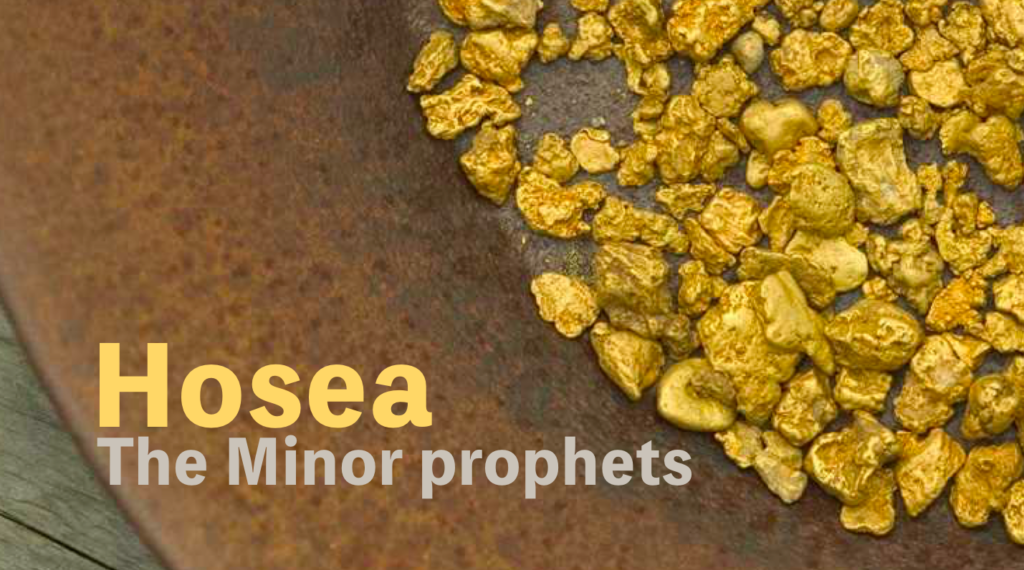
Du Mez’s keen insight doesn’t just help us contextualize our modern political world she also offers us a way to understand the international landscape of right-wing authoritarianism. Her characterization of Trump as a leader who refused to let “the norms of democratic society keep him from doing what needed to be done” ends up serving more as foreshadowing than the author likely intended. Published a year before the January 6 insurrection, her analysis turned out to be frighteningly relevant, and it remains so even now that the twice-impeached former president is out of office. Given this emotional and political conditioning, it did not matter (and continues not to matter) that Trump embodied a poor example of a Christian because, as a Christian nationalist, “he could more than hold his own.” Guiding readers through the next hundred years, she explains how Christian nationalists have been shaped by church culture and conservative politics to think about “sex, guns, war, borders, Muslims, immigrants, the military, foreign policy, and the nation itself” for longer than a century. She presents this argument with a narrative history that begins at the turn of the twentieth century with Teddy Roosevelt and Billy Sunday. It is one that does not begin or end with Trump. The 2016 Republican presidential ticket featured Trump the strongman and Mike Pence the dyed-in-the-wool evangelical sidekick-a winning combination for white Christian nationalists.ĭu Mez convincingly insists that the history of American Christianity is best understood as a “cultural and political movement” rather than a theology. Trump’s Make America Great Again approach promised to restore a mythological 1950s “John Wayne America” that white nationalist Christian warriors apparently longed to win back. Faith leaders and cultural influencers have convinced the congregants who consume their messages and products that the Jesus of the Gospels was himself “a badass.” In promoting this characterization, political conservatives’ formula for winning the Christian vote means mobilizing them, in the warring spirit of the Good Shepherd, “to fight battles on which the fate of the nation, and their own families to hinge”-to convince them of their place in “a persecution narrative rooted in a sense of cultural decline” that can only be escaped through hard-fought cultural battles. The strongest tie binding Christian evangelicals to Republican Party conservatives is a shared desire to see American masculinity become ruthlessly militant in the style of “cowboys, soldiers, and warriors” like Theodore Roosevelt, George Patton, and Oliver North. affirming the righteousness of a white Christian America.” Evangelical community leaders and Christian consumerism reinforce the idea that political conservatives in the Republican Party offer similar benefits. She demonstrates how political conservatives have harnessed the white evangelical vote by “offering certainty in times of social change, promising security in the face of global threats, and. Decades of Christian books, magazines, television, music, family radio shows, children’s films, and other media and merchandise have created an omnipresent “evangelical pop culture” that continues to reflect and reinforce gender differences, patriarchy, nationalism, and white identity for the audiences that consume them. This understanding has been literally sold, Du Metz argues, through a culture of religious consumerism.

Instead, he embodied their understanding of Jesus, patriarchy, and militant masculinity as developed by Christian nationalists over the last century.

Trump was not the tactical “lesser of two evils” white evangelicals voted for while holding their noses. Trump was tolerated as “someone who would break the rules for the right cause.” Du Mez argues that just the opposite is true.


For these prizes, evangelicals were willing to look past (and maybe even forgive?) his predilection for porn stars and profanity. When the 2016 election results revealed that 80% of white evangelicals voted for the irreverent adulterer, pundits scratched their heads before eventually assessing that support for the divorcee was strategic: evangelicals could count on the bankrupted billionaire to appoint conservative federal judges and Supreme Court justices to uphold and enforce their culture war goals in the legal system. Kristin Du Mez’s bestselling Jesus and John Wayne (Liveright, 2020) upends conventional understanding about the white evangelical relationship with Donald Trump.


 0 kommentar(er)
0 kommentar(er)
